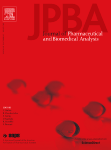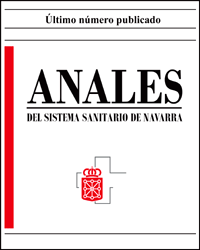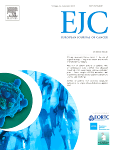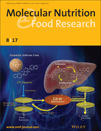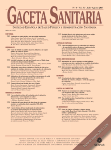A prospective evaluation of plasma phospholipid fatty acids and breast cancer risk in the EPIC study
Background Intakes of specific fatty acids have been postulated to impact breast cancer risk but epidemiological data based on dietary questionnaires remain conflicting. Materials and methods We assessed the association between plasma phospholipid fatty acids and breast cancer risk in a case–control study nested within the European Prospective Investigation into Cancer and Nutrition study. Sixty…





